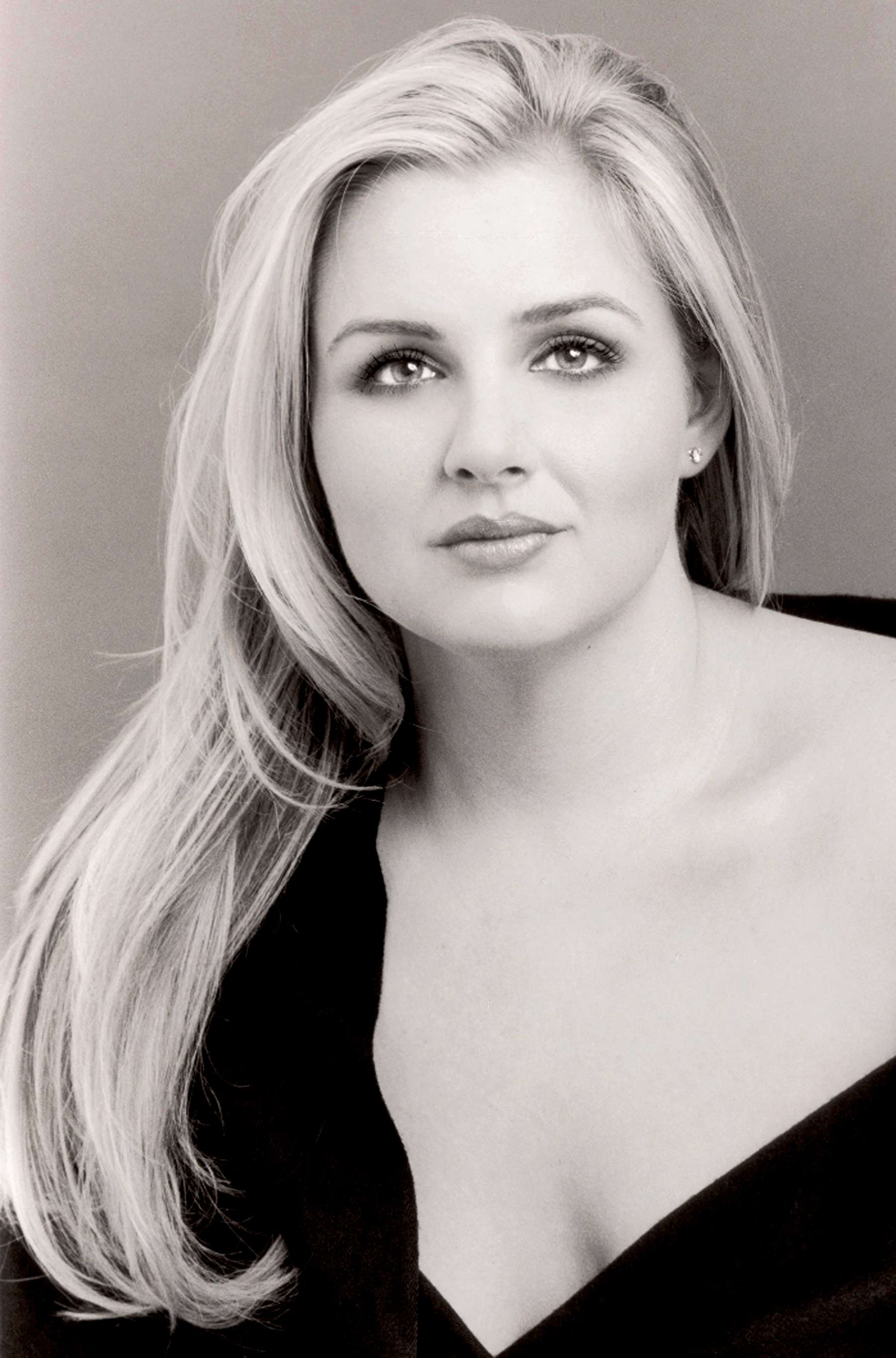|
Back
Victor Hugo in a New Guise New York
Isaac Stern Auditorium, Carnegie Hall
03/18/2012 -
Franz Schmidt: Notre Dame
Stephen Powell (The Archdeacon), Bura Bilgili (Quasimodo), Robert Chafin (Gringoire), Corey Bix (Phoebus), Lori Guilbeau (Esmeralda), David Pershall (An Officer)
The Collegiate Chorale Singers, American Symphony Orchestra, Leon Botstein (Conductor)

S. Powell (© Christian Powell)
Leon Botstein has the genius of finding the most obscure music of the 19th and 20th Century–much of which deserves its obscurity. Not, though, Franz Schmidt’s opera, Notre Dame, which has everything that a late Romantic opera should have.
Everything, that is, save fame and (in this case) staging.
Schmidt himself was a respected cellist and pianist in his native Austria. And while his mentor was Anton Bruckner, he doesn’t seem to have had that mystic Austrian’s long searching inspirational blocks. If Notre Dame is any example, Schmidt was a tunesmith, a composer who almost sounds like late Puccini (I was reminded of Il tabarro). The Wagner influence is ever-present, but Schmidt gives it that melodramatic push, which might have been more appreciated in Milan than Bayreuth.
Not that Leon Botstein (who gave its first American performance yesterday, a mere 103 years after it was written) even attempted any staging. Thus, what must be terrific in the opera hall–a stabbing, a suicide jump, a near-hanging, and of course the Notre Dame sanctuary scene where the survivors die violent deaths. (Nor can I recall any opera where the two leading men both die in the first act.)
Still, even without staging, Notre Dame has everything a good opera should have. A dancing faux-gypsy heroine), a deformed but kindly hunchback, a lover, an unrequited husband, and a vicious cleric (the latter far more complex than Tosca’s Scarpia).
But with Victor Hugo as the original inspiration, Schmidt could simply have followed the novelist the way Verdi did in Rigoletto. Except that Schmidt–who became a Nazi sympathizer in his final years–truncated the book (helped by Leopold Wilk) and hardly allowed the characters to develop (except the Archdeacon). And if anything, this aristocratic composer who apparently longed for a revival of the Habsburg Empire, made the chorus who longed for blood, the villains.
But what of the music? Ah, here one need not apologize for Franz Schmidt. Much of it is symphonic–I counted three interludes of some depth, as well as evocative introductions to each act. Each character had a recognizable leitmotif. Those motifs were hardly daring–the cleric sung under a chorus of four French horns and three trombones, Esmerelda was accompanied by two harps etc. But that didn’t distract from the effects of the opera, which, with few exceptions, were dramatically right.
While the atmosphere and theater is decidedly Italian, Schmidt’s leitmotifs and orchestral accompaniment was far more inspiring than the few arias. A love duet between Phoebus and Esmeralda at the end of the first act, is long but trifling. A confession scene by the almost-cuckolded husband (he is saved by killing the lover and then committing suicide, which seems a little extreme) is picturesque, with trumpet calls.The admission that he hasn’t made love to his wife, is less impressive than the single foreboding line by our cleric: “Believe me, you are happier this way.”
The only other real shortcomings are the choruses, very important dramatically but without any appropriate feelings. Basically set-pieces that could have come from any oratorio.
Still, these are small points for an opera which swings along as quickly as possible. I doubt if the purist Mr. Botstein shortened it, but to go from a murder suicide to the night before an execution seems a poor jump. In the meantime, we have jealousy, love and that Archdeacon who is so sexually aroused by Esmeralda that he is going crazy in a Freud-reeking monodrama. It is set theatrically in a nearly darkened stage confessed s to the sleeping Esmeralda herself, a brilliant touch.)
Mr. Botstein has cast his singers well. But Stephen Powell as the Archdeacon, with the most difficult role, was especially splendid, supposedly a figure of fright but as played here, somewhat sympathetic.
The great dramatic scene, obviously modeled on Tosca comes as he intones in Latin, “From the belly of hell I cried, and Thou hast heard my voice.” It is a fiercely savage line, referring to his own tortures, and is echoed by the men’s chorus, for a most striking effect.
The two rivals for Esmeralda, played by Corey Bix and Robert Chapin, were in fine voice, though neither showed their individual characters. (This would doubtless be rectified in the theater setting.)

L. Guilbeau (© Lisa Kohler)
Much is spoken of Esmeralda’s seductive dancing, but of course Lori Guilbeau had no chance on the stage. Her dreams of home in the First Act as well as the moments of doom as she faces execution were fine.
The opera was not called Hunchback of Notre Dame, since Quasimodo has little to do until the final scene. But Bura Bilgili made his infrequent, if crucial scenes, reeking of pathos.
Never having heard this opera before, I have no idea how well Mr. Botstein did, but his orchestra, with a spindly organ in the second act, sounded excellent, and the brass were in a class by themselves, accentuating the most striking scenes.
Scarcely two hours long in this version, Notre Dame never once lost its pacing, nor did I lose my desire to see it on stage. Schmidt had created a work that was ever eventful, ever longing to action to go with the splendid music. (He worked in Hungarian csardas, and a little Plainchant as well.)
With opera economics so edgy at this time, one doubts that the opera will be showing up at the Met soon. But with a cast of only seven plus chorus, a smaller group could well attempt a production as dramatic as its music.
Harry Rolnick
|